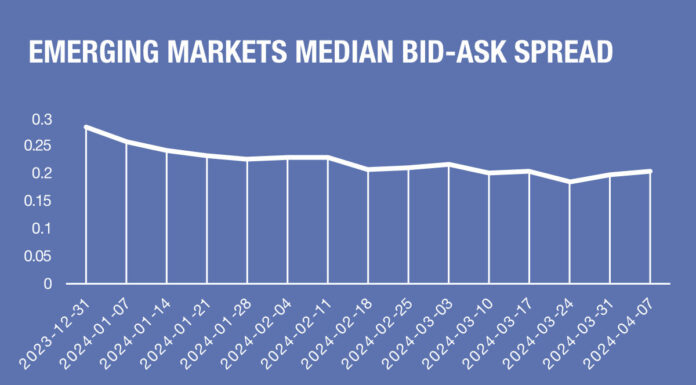
The European Union is looking to tighten the region’s planned green bond standards to mitigate greenwashing from issuers of environmentally-friendly debt.
It calls on sellers of European green and sustainability-linked bonds should develop a transition plan indicating how they will adhere to a 1.5°C global warming scenario and reach climate neutrality by 2050, according to a parliamentary report.
These proposed amendments to the rulebook, put forward by the EU Commission this year, aim to ensure such bonds will not fund electricity from nuclear power or gas.
The green bond standard which went live in July. is voluntary. It requires issuers to abide by an array of rules if they wish to call their debt “European green bonds”.
The EU’s parliament and member states have yet to sign off on it, with Budget Commissioner Johannes Hahn saying it won’t be ready for another year or two.
There is growing demand if the Association for Financial Markets in Europe figures are anything to go by. The market for loans and bonds between Q1 to Q3 of this year was valued at nearly €500bn – outstripping 2020’s total tally of €388.7bn.
Overall, green and sustainability linked loans account for nearly one quarter of issuances within the European syndicated loan market, an increase from 13.9% last year. ESG bonds also saw similar levels of growth, comprising 18% of new bonds issued in the first nine months, up from 8.9% for all of 2020.
However, with the growing demand, there are fears that without a common taxonomy, greenwashing would severely undermine the market. For example, these bonds have been controversially sold by oil companies, airports and other heavy polluters.
“I want to improve the credibility of the green bond standard,” said Paul Tang, a member of the parliament and who drafted the report said in a recent interview.
He added, “The company or country should be on the path to net zero, otherwise we have a form of greenwashing where a brown company all of a sudden issues a green bond.”
The amendments though fall short of calling for the voluntary standard to become mandatory, although that is on the legislators’ agenda.
“The introduction of disclosure requirements for the entire sustainable bond market has the additional benefit to reduce the scope for greenwashing through such alternative sustainable bonds, including through sustainability-linked bonds,” the regulators said in an explanatory note to the report. “This will limit potential harms to investors in such bonds and increase the trustworthiness in the entire sustainable bond market.”
©Markets Media Europe 2021
TOP OF PAGE






















